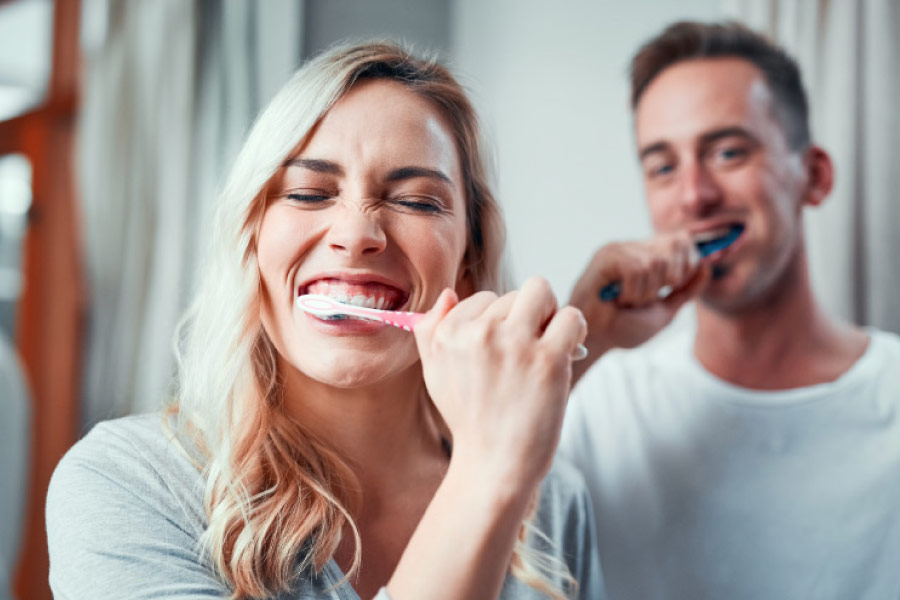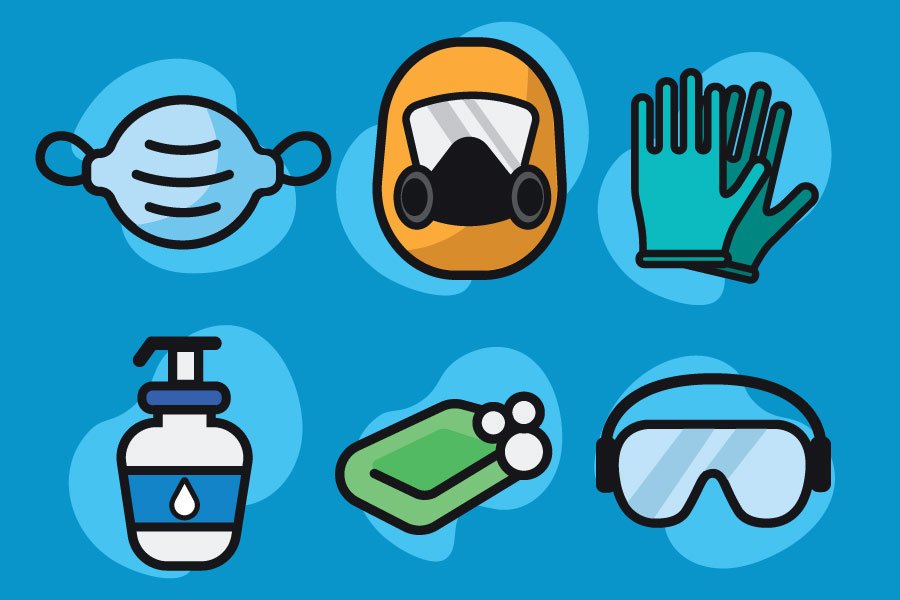
Along with brushing, flossing is a key part of a daily oral hygiene routine. Floss removes plaque between teeth and at the gum line, where decay or gum disease can easily form. At Paris Mountain Dental, we emphasize the importance of flossing during every visit. However, we wrote this step-by-step guide so you can easily reference proper flossing techniques wherever you go!
Choose the Right Floss
Begin your flossing journey by selecting the right tool for the job. Dental floss comes in various types, including waxed, unwaxed, tape and flavored options. Choose the floss that suits your preferences and effectively navigates between your teeth.
Cut the Right Floss Length
Cut a piece of floss around 18 inches long. This length allows you to use a fresh section of floss between each tooth, ensuring thorough cleaning without redepositing plaque.
Proper Holding Technique
Wrap the floss around your middle fingers, leaving a few inches in between for maneuverability. Use your index fingers and thumbs to guide the floss gently between your teeth. Avoid snapping the floss, as this can harm your gums.
Gentle Glide Between Teeth
Slide the floss up and down along the sides of each tooth, forming a C-shape around the tooth and gently moving it below the gumline. Ensure you cover both sides of each tooth, effectively removing plaque and debris.
Utilize a Clean Section for Each Tooth
As you move from one tooth to the next, unwind a fresh section of floss. This prevents the transfer of bacteria and ensures an optimal cleaning experience.
If you find traditional floss challenging, consider interdental brushes or floss picks. These tools can be effective alternatives, offering convenience while maintaining thorough cleaning between teeth.
Schedule a Dental Appointment in Travelers Rest, SC
Mastering proper flossing techniques is a fundamental step in achieving optimal oral health. At Paris Mountain Dental, we always encourage patients, even children, to brush and floss between routine dental visits. Have a question about flossing? Due for a routine dental visit? Call us today!











